When winter rolls around, you might find yourself feeling sad and sluggish. Getting out of bed or off the couch seems like an insurmountable feat, and the short days and long nights just seem so…blah.
If you've felt like this, don't worry. You're not alone. It's known as seasonal affective disorder (with the apt acronym SAD), and it affects millions worldwide of all ages and types.
Symptoms include feelings of depression, problems sleeping, lethargy, overeating, irritability, and a general feeling of malaise and unsociability.
The good news is that if it's not especially severe, wintertime blues can be alleviated by making a few simple changes to your routine.
In an exclusive look below, we explain what you can do to keep your snowy sadness at bay. Just like the steps you can take to add more joy to your life, these tips are very simple but very effective.
However, if you find yourself feeling more extreme versions of the symptoms described above, or they're interfering with your daily life, consult a mental health professional.
Have you ever experienced SAD? Let us know in the comments below!
1. Brighten Up Your Environment
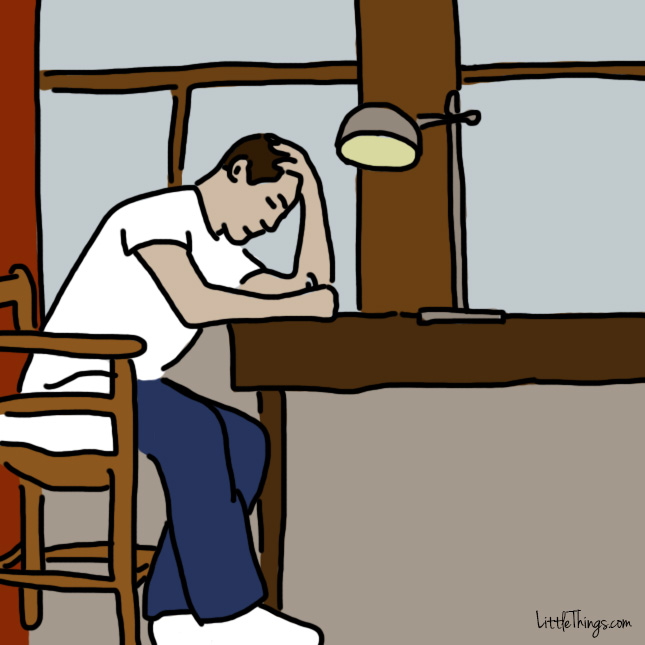
Light has a definite influence on mood, so if you find you've been sitting in dim rooms, try making them brighter.
Even an artificial light is helpful; light has been shown to be as effective on mood as anti-depressants.
Or just open your blinds and curtains and sit nearer to windows to increase your daily dose of sunlight.
If needed, you might also want to consider trimming back bushes and tree branches that might be blocking light. Turn on lights at night.
2. Eat Chocolate

No, really! Certain foods can help boost your mood, and a healthy, balanced diet is beneficial to your physical and mental health year-round.
Chocolate has been shown to improve mood and soothe anxiety.
Other foods, though, like sugary candies and carbohydrates, can boost moods for a little while, but actually depress them overall, so mind what you eat.
3. Get Some Exercise
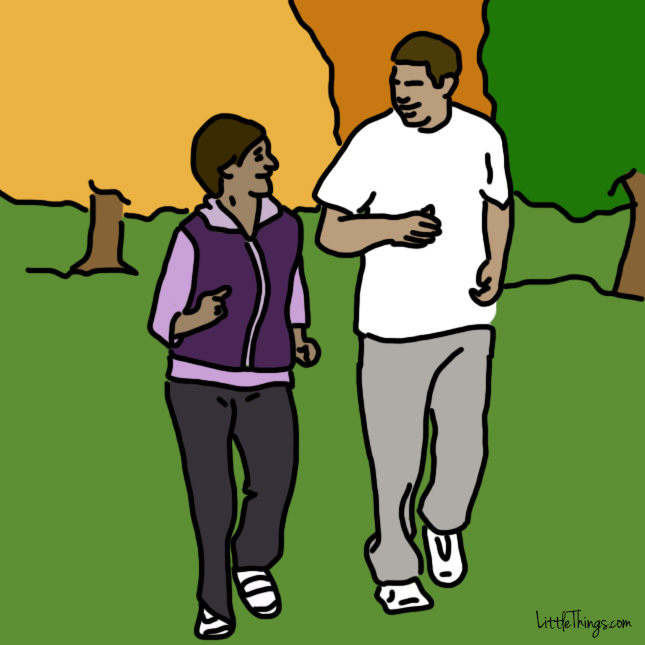
It's tempting to settle into the couch on a cold day — but being active, even if only for a little while, can greatly improve your mood. In winter, exercising under bright lights is doubly helpful.
But you don't have to over-do it, A study shows that just walking briskly for about half an hour five times a week improved mild to moderate symptoms of depression.
4. Go Outside
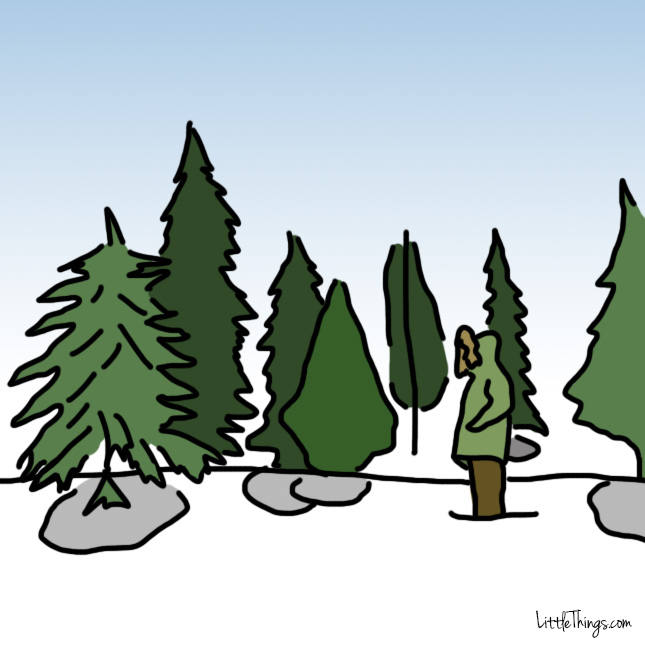
Yeah, it's cold. We know. But staying cooped up indoors until spring will not make you feel any better. Go outside.
For one thing, outside is where the sun is, and the bright light of the sun reflecting on any snow is good for you.
You can also get your exercise in by taking walks, and simply being surrounded by the beauty of the outdoors can make a world of difference on your mood, and can also help improve creativity and focus.
5. Stay Warm
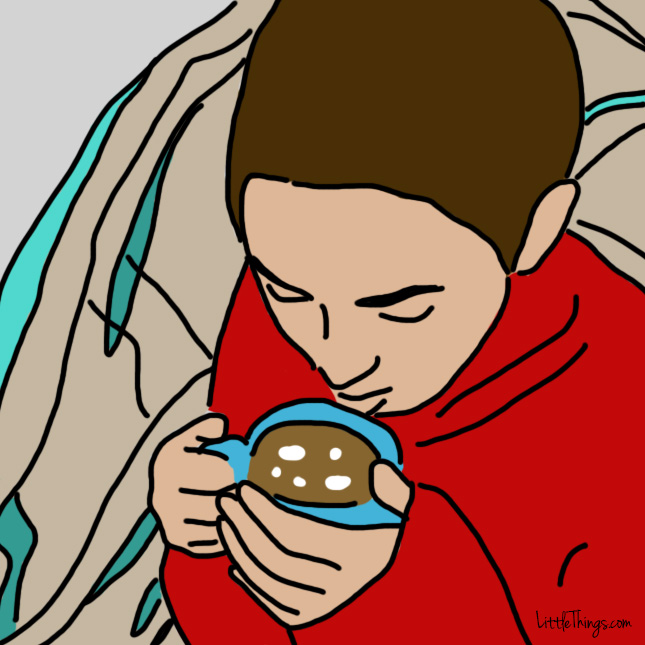
While you're exploring the winter wonderland, though, it's important to keep warm. After all, being cold is uncomfortable, and being uncomfortable makes you unhappy.
So bundle up in lots of cozy layers, and have hot foods and beverages to keep you warm inside and out.
6. Turn On Some Music

It's no secret that music has a huge influence on our mood. So if you're feeling blue, try turning on some tunes that make you feel good.
A study showed that listening to upbeat music can greatly improve your mood.
And if you feel the need to dance, well, that takes care of the exercise portion, too.
7. Plan A Vacation

Even if you don't actually go on the vacation, the very act of planning a winter getaway can brighten your mood.
The process of planning and anticipating a holiday have been shown to make people feel happier.
And even if a vacation isn't in your budget, dreaming about faraway places is always fun.
8. Take Up A New Hobby

The worst part of SAD is the dull feeling of boredom, so engaging your mind is just as important as engaging your body.
Learning something new, or even getting back into something you've forgotten about, will keep your mind occupied, and will give you something to look forward to.
9. Help Others
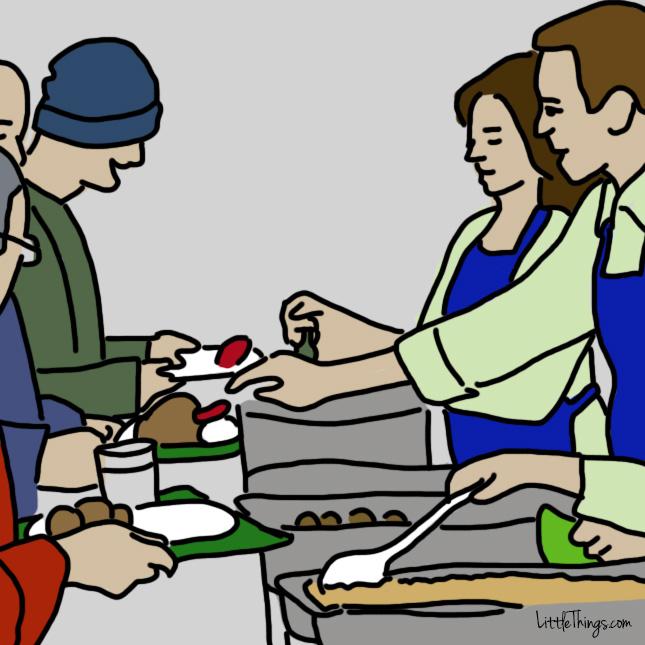
Being compassionate is not only good for others, but it helps you, too.
Volunteering with a local charity or organization is a great way to make a difference for everyone involved.
It's also a great way to get out of your house and socializing with people.
10. Socialize

Being around people helps dramatically with warding off SAD symptoms, and being isolated can make them worse.
Even if your visits to social engagements are short, make an effort to go.
You might even find that some of your friends and family are also experiencing SAD symptoms, and your company can help them, too!
Will you be trying out any of these tips? Let us know below!
Remember, if you feel that your depressive symptoms are interfering with your daily life in a severe way, please seek help!
Therapists and counselors who specialize in SAD can be a huge help, and also teach you personalized methods for managing the condition.
Please SHARE this article to help your friends and family keep away those winter blues!




